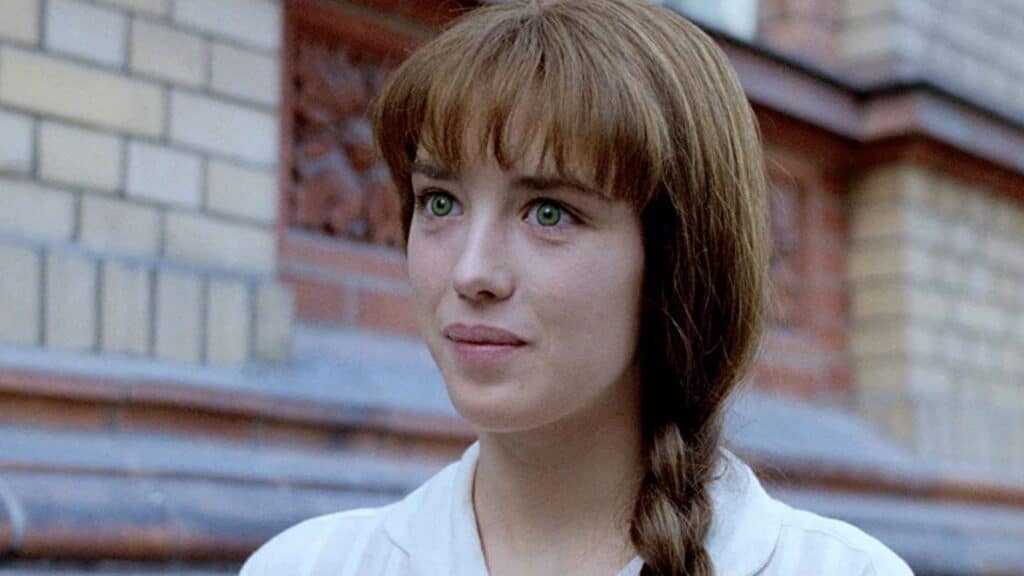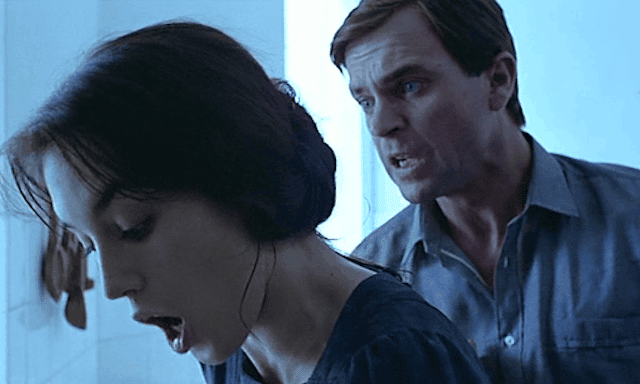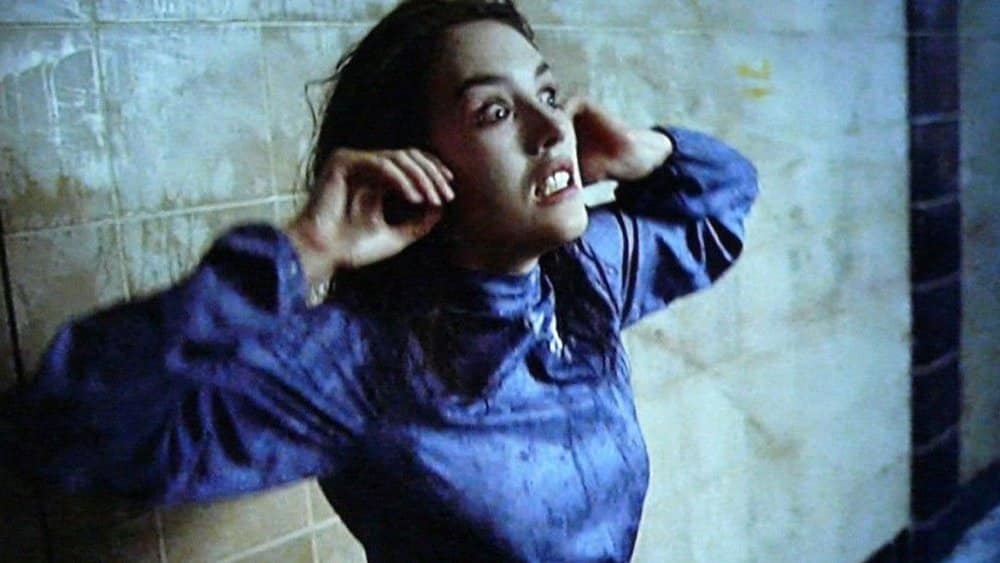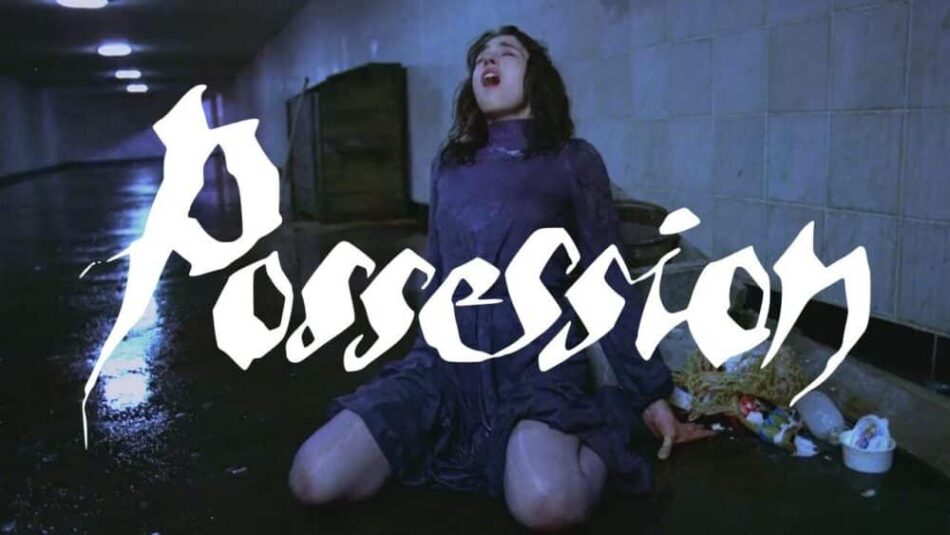One of the most divisive and difficult movies to see ever is Possession. Andrzej Uawski’s divorce served as a major source of inspiration for the movie, which is meant to be an allegory of divorce. There are numerous analogies, symbols, and divisive issues throughout the movie (like self-harm, suicide, extreme jealousy, etc.). It wouldn’t be a leap to claim that this picture is on par with some of the best psychological dramas ever made. Spoilers ahead for the plot and conclusion of the 1981 film Possession.
A Brief Synopsis Of The Plot In Possession -1981
After an enigmatic journey (it was implied that he was a spy), Mark returns home to find his wife divorced and his child mistreated. He makes an effort to put the puzzle pieces together and learns that Heinrich is a lover of his wife, Anna. Mark employs a private eye to follow Anna and confront Heinrich, but it quickly becomes apparent that things are far worse than he had first thought.
Mark begins to have suspicions that someone else is involved in the entire scenario, and his suspicions turn out to be correct. Mark’s doppelganger eventually develops from something Anna appears to be fostering in her hidden apartment, which ultimately results in both Mark and Anna’s deaths.
While the movie initially seems pretty weird, things begin to make sense as you start making connections and recognising the allegories for what they are.

Explained in Possession -1981 The Monster as Physical Manifestation of a Toxic Marriage
The definition of the monster in Possession is open to numerous interpretations. The most realistic one is that this is simply the physical manifestation of their terrible marriage. There are so many clues to this, one of which is the fact that everyone from the outside seems to find it repulsive, while the pair seems to accept it and even find it physically attractive.
Why did the creature assume Mark’s appearance?
The simplest explanation would be to state that it’s a perfected version of Mark, one that doesn’t exist (or doesn’t exist anymore), but that Anna is so in love with that she would murder for. Even the moment where Anna has sex with the beast is heavily allegoric because no one can figure out why Anna is attracted to it and it is disgusting to everyone else.
If the monster already assumes Mark’s form, that would be a better question to ask than “Why does the monster adopt Mark’s form?”
Why does Helen resemble Anna so much?
The most likely reason is that Mark is still very invested in his prior relationship and is heavily projecting that image onto his new one.
The movie’s final scene further supports this. Helen is urged by Bob not to open the door. Bob was the one who shared a home with the beast, which may be interpreted as the embodiment of their poisonous marriage. No matter how civil its exterior may appear to someone fresh, he recognises it, and as we’ve seen, he’d rather drown than live there once more.
Helen responds, “she wants to,” after Bob explicitly tells her not to open the door. This represents what happens when a third party gets involved in a marriage or relationship that hasn’t been resolved, coupled with the risk she is in (or has been sorted out recently).
Possession -1981 Themes Expounded Divorce and Split

A Wall
It is also no accident that the film is set in West Berlin. Berlin remained a divided city in 1981, the year the film was being produced. This serves as a crystal-clear comparison of their separation, as does the repeated use of imagery of the Berlin Wall. The Berlin Wall is included in the very first shot of the film, which was not an accident.
Secrets
Furthermore, the two apartments in question are very dissimilar. The first apartment, which serves as their family’s home, is brand-new, opulent, and has vaulted ceilings, modern appliances, and a beautiful outlook. The flat where Anna raises the monster is increasingly shady, dilapidated, and disorganised. A physical skeleton is in the closet when there are body parts in the refrigerator.
Priorities
The scenario where Mark resigns from his position is another. He knows it’s not worth his wife or family, regardless of the perk. But by that time, it would be too late to save it.
Superior Parents
He has a peculiar relationship with Bob as well. The greater distance Mark is from Anna, the more text lines Bob receives as the movie progresses. After a divorce, it’s not unusual for people to become better (more attentive) parents.
Johannes and Anna
A third party acts as a common shared denominator in many unsuccessful relationships. The issue with this third party is that they frequently serve more as a vehicle or catalyst for the events than as an actual participant in the “triangle.”
For instance, Heinrich is intended to stand in for a perfect lover. He is physically stronger than Mark, attractive, wealthy, a loving partner, and a caring son. Still, he ends up dying because he got involved in something so horrific. Even though he tries his best to accommodate Anna, she rejects him the first time and chooses the poisonous person instead.
As was previously said, Helen has Anna’s face (both are played by Isabella Adjani). Mark does, however, inquire on Bob’s beauty in one conversation. The only rational response from Bob is “mother.” Mark agrees entirely with this. This explains in more detail how subjective concepts like beauty, desire, and devotion are. Even if Mark imagines Anna’s face in the eyes of everyone he meets, there is absolutely no chance that any of them will arouse the same amount of attraction in Mark.
The destructive nature of Mark and Anna’s relationship acts as a sort of beacon for Heinrich and Helen. For reasons they cannot comprehend, they are drawn to it like moths are to a streetlamp. It can be challenging to explain, but this is a genuine puzzle, not a fictitious one.

Why Was the 1981 film Possession Banned?
Nobody should be surprised that the movie itself was prohibited. Possession features a few scenes that are quite graphic.
Many of these things are extremely difficult to stomach, ranging from the scene where Anna is having explicit intercourse with the formless mass of a monster to the one where she uses an electric knife to cut her neck. Then there is the alleyway scene where she “miscarries hope” while her body is covered in blood and milk. In other words, everything has reason and a purpose, thus the ban wasn’t particularly shocking.
Remember that this all happened amid the 1980s “video nasties” moral panic, and it will become clear that the movie, regardless of its creative merit, had little chance of escaping the ban.
Conclusion for Possession -1981
There are some graphic scenes in the film itself. The most difficult aspect to handle is Possession’s emotional frankness. These scenes will seem far more horrific than the explicit ones to anyone who has been through a divorce or a particularly traumatic breakup.
At one point, Mark tries cutting his hand to test if the agony is still there after Anna uses a knife to sever her neck in order to avoid having a particularly difficult talk. It doesn’t hurt, Anna responds to this. Does it?” implying that emotional suffering is much worse than physical pain.
Therefore, the familiar moments of mistrust and estrangement will be considerably more upsetting to witness for someone watching this soon after a divorce or a breakup than the simply physically horrific ones.
What did you think of the storyline and resolution of the 1981 film Possession? Please provide your feedback below.
ALSO READ THIS: The Empty Man Movie Plot And Ending
